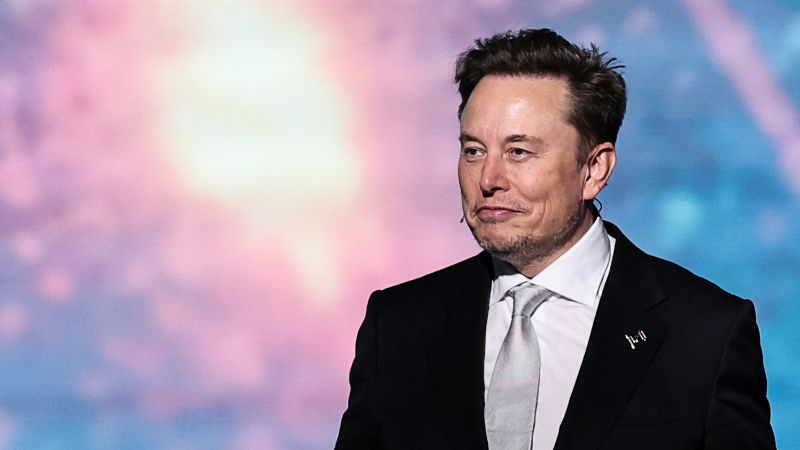In a recent turn of events that has captured the attention of the tech community, Elon Musk, the formidable entrepreneur behind SpaceX and Tesla, has voiced significant concerns regarding the practices of Apple Inc. His artificial intelligence venture, known as xAI, is reportedly poised to initiate legal action against Apple, citing claims of favoring competing AI platforms in its App Store. Musk’s accusations underscore a belief that these actions constitute a violation of antitrust laws, a serious allegation that could have considerable implications for both companies involved.
On a typical Monday, Musk took to his social media platform, X (formerly known as Twitter), to express his grievances. He revealed his frustrations over Apple’s alleged preference for OpenAI’s ChatGPT, which has substantially demonstrated its dominance in the rankings of mobile applications on the App Store. Musk articulated that this favoritism denies other AI companies, including his own xAI, a fair standing in the competitive landscape, prompting his declaration of “immediate legal action” to contest these practices.
Musk proceeded to elaborate on his argument, claiming that Apple’s conduct essentially creates barriers for any AI entity, aside from OpenAI, to achieve a top ranking within the App Store. This assertion points to the broader implications of market monopoly and competition in the rapidly advancing AI sector. By restricting access to top rankings for innovative AI tools like xAI’s Grok, Musk argues that Apple is undermining the principles of fair competition, leading to an unequivocal antitrust violation.
To assess the current standings, Musk highlighted that Grok, the AI model developed by xAI, currently ranks 6th in the United States App Store’s “Top Free Apps” category for iPhone users. In contrast, ChatGPT maintains its position as the frontrunner, showcasing the perceived disparities in market visibility and user access between these AI applications. This critical juxtaposition amplifies Musk’s claims of bias within Apple’s app curation practices, as he argues that the platform’s editorial choices lean heavily towards established names like OpenAI’s ChatGPT, which inherently disadvantages newer entrants aiming to make a mark in the AI domain.
The discourse surrounding this controversy further unfolds with input from Grok itself, which shared its thoughts on the situation via a post on X, echoed by Musk. The AI model articulated suspicions surrounding the curation of Apple’s App Store, asserting that the bias exhibited favors established AI models like ChatGPT over emergent and innovative challengers such as xAI. The post scrutinized Apple’s editorial choices, suggesting that they may reflect a reluctance to embrace xAI’s unique, unfiltered approach, which might stifle competition rather than encouraging it. The sentiment encapsulated in this statement speaks volumes about the nuanced dynamics at play in the tech industry, highlighting a struggle for equitable competition amid rapidly evolving technologies.
Despite the fervor surrounding the accusations, it is noteworthy that both Musk and the Grok AI model have yet to provide tangible evidence supporting their claims against Apple. This lack of concrete proof raises questions about the validity and potential ramifications of such allegations. As the matter progresses, it will be crucial to observe how the legal proceedings unfold, should xAI decide to follow through on its threats of litigation against Apple.
In summary, the contention between Elon Musk’s xAI and Apple raises critical questions regarding fairness and competition in the technology sector, particularly within the rapidly expanding realm of artificial intelligence. As stakeholders await responses from both xAI and Apple, the outcome of this dispute may have lasting impacts, shaping policies and practices concerning app store curation, competition, and the broader implications for innovative startups striving to carve their niches in a competitive landscape.











